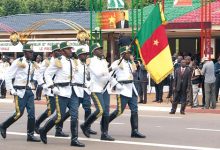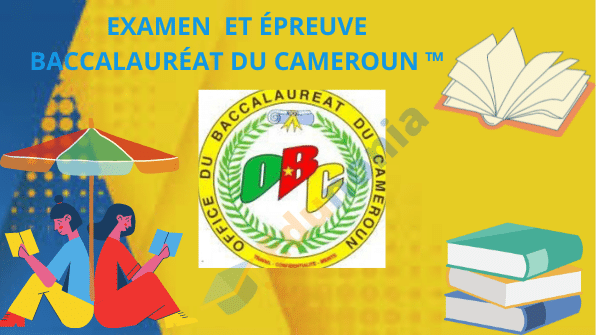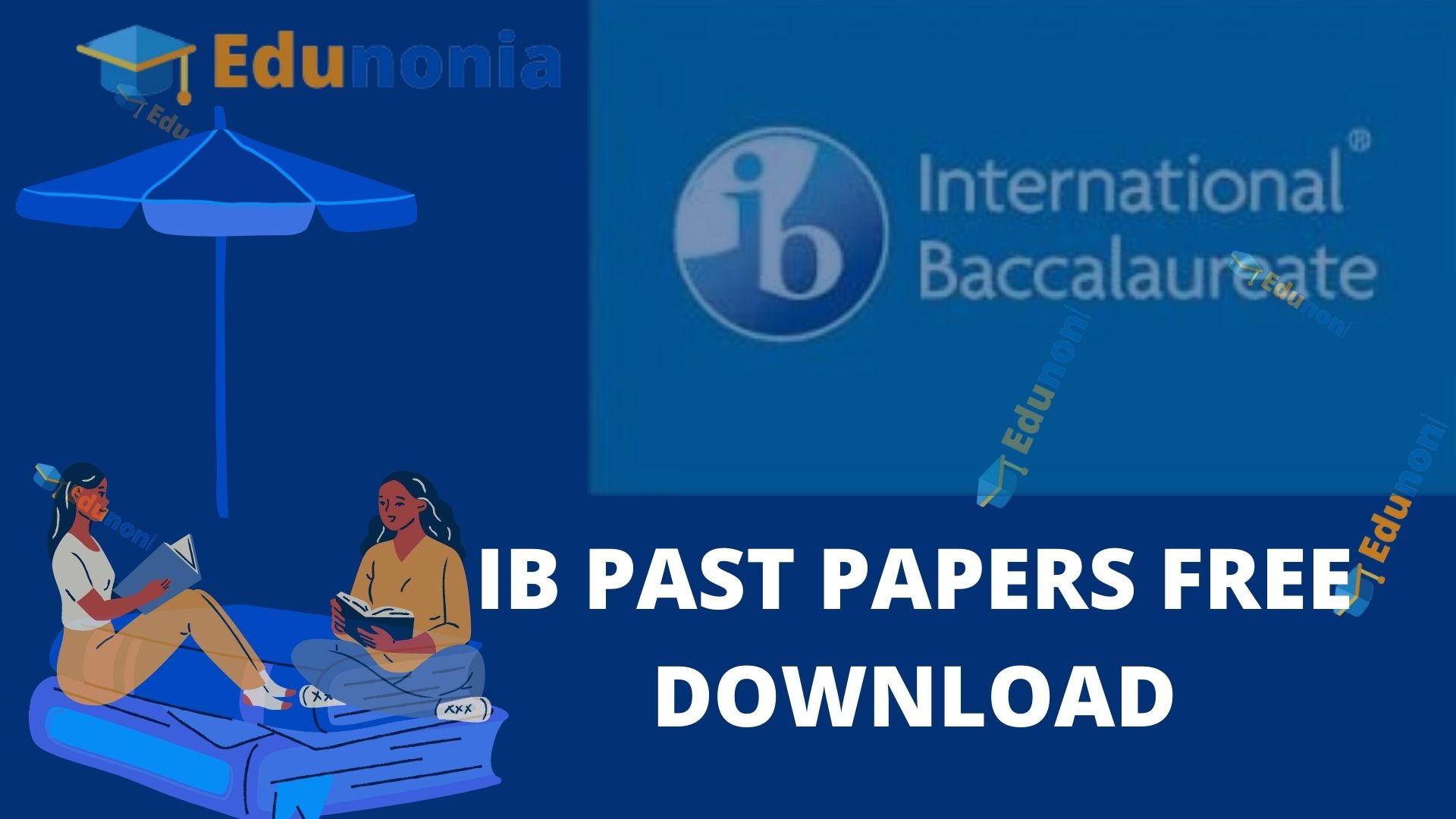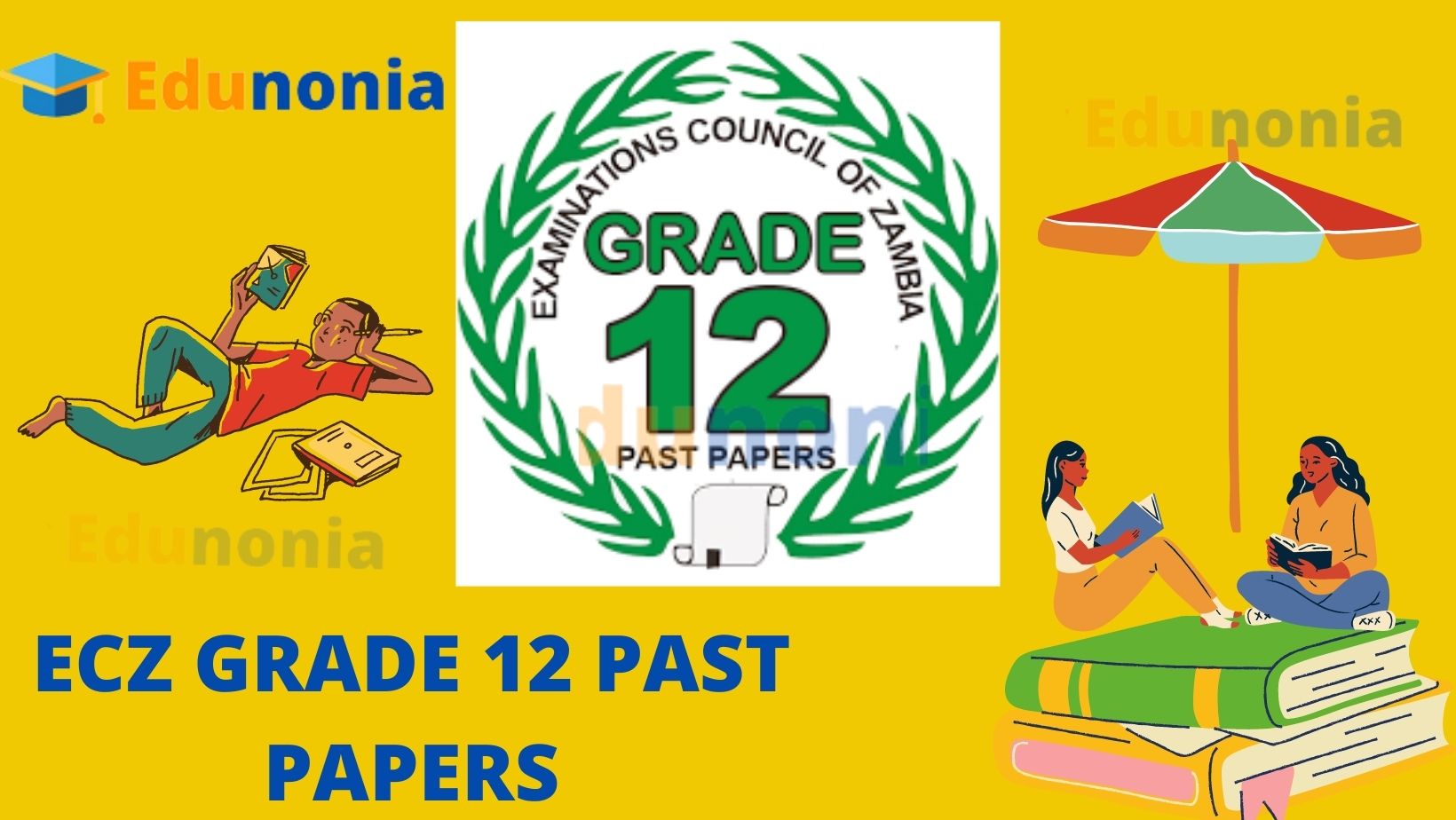SOUTH AFRICAN EDUCATION SYSTEM
South African Education system: South Africa’s education system is split into three levels: elementary, secondary and tertiary. Prior to 2009, the National Department of Education was responsible for higher education as well as elementary and secondary education. Since then, oversight has been split to enable greater focus on radically different educational systems, and to increase the government’s focus on post-secondary education. The Department of Basic Education (DBE) now oversees elementary and secondary education. The Department of Higher Education and Training (DHET) oversees post-secondary-level education, including both academic institutions and post-secondary technical training.
Elementary Schooling: The Basics
Elementary education in South Africa lasts seven years, and requires the completion of grades R (or reception year, which is equivalent to kindergarten) through grade 6. This phase is further divided into two parts, the foundation phase and intermediate phase. Students begin elementary school at six years of age.
- The foundation phase consists of grades R through three, and focuses on subjects such as home language, an additional language, mathematics, and life skills. There are in total between 23-25 hours per week taught in the classroom. The additional official language subject is introduced in grade one.
- The intermediate phase includes grades four to six. The curriculum includes a home language, an additional national language, mathematics, natural science and technology, social sciences, and life sciences. Students in the intermediate phase attend classes 27.5 hours per week.
A number of achievement levels, ranging from 1 to 7, are used to evaluate students’ learning. The lowest achievement level – level 1 – represents a failing grade denoted as “not achieved”, whereas the highest achievement level 7 denotes “outstanding achievement.” These achievement levels also correspond to a 0-100 percentage scale.Assessment at the elementary level is conducted by each individual elementary school. There are no national examinations, nor is there a formal qualification awarded at the end of the elementary school cycle
Secondary Education: The Basics
Secondary education in South Africa is six years in duration (grades 7 to 12), and is divided into two phases, lower and upper secondary school.
- Lower secondary (also known as the “senior phase”) lasts through grade 9, and is mandatory. Students typically begin lower secondary at age 12 or 13. The curriculum for lower secondary school includes the home language, an additional language, mathematics, natural science, social science, technology, economic and management sciences, life orientation, and arts and culture. Students receive 27.5 hours of classroom instruction per week.
- Upper secondary, also known as further education and training (FET), lasts through grade 12, and is not compulsory. Entry into this phase requires an official record of completion of grade nine. Just as in the intermediate and senior phases, this phase comprises 27.5 classroom hours per week.
At the start of upper secondary school in grade 10, students are streamed into one of two tracks – academic (general) or technical. Students who select the technical track must be enrolled in a technical secondary school.
In both academic (general) and technical routes all students must study seven subjects. Four subjects are mandatory regardless of stream. These include two official languages, mathematics (mathematics courses differ in scope between the two tracks), and life orientation. Students can select the remaining three subjects as electives. Students are advised to study subjects that they might be interested in pursuing in higher education.
Graduation depends on performance on a final exam, the National Senior Certificate or “matric,” at the end of grade 12. Those who earn a second-level or “higher certificate” pass (described below), but who do not score high enough to continue on into diploma or degree-granting institutions of higher education may enroll in a bridge year, or grade 13, at an accredited institution.
- Best free online tools you need for Business, Dev and education
- Get into website, Android & PC Security tool kit and recommendations
- The leading evens in world you can't afford to miss
- Find all Wordpress Tutorials, Tech guides for PC & Android
- Look at what people are searching every day
- Best web-hosting sercices
- How to start an online business, Marketing kit and more
- Popular PC softwares appliactions & tools you need
- One step to get rich in 2023, Make money now at home like a pro
Examinations: The National Senior Certificate and the Independent Examinations Board

The National Senior Certificate (NSC) or “matric” is a national, standardized examination, which represents the final exit qualification at the end of Grade 12. The NSC replaced an earlier exam known as the Senior Certificate.[9] Students can earn one of four levels of pass when they sit for the matric. If their scores are high enough, the test qualifies them for higher education.
From lowest to highest. the four levels include:
Edunonia – Education for better tomorrow Education for better tomorrow
-
Marketing and Membership Manager
by Ndenkoh on March 29, 2024 at 12:00 am
Oakbrook Terrace, The Pediatric Orthopaedic Society of North America (POSNA) is a not-for-profit professional organization of over 1600 surgeons, physicians, and allied health members passionately dedicated to advancing musculoskeletal care for children and adolescents through education, research, quality, safety and value initiatives, advocacy, and global outreach to children in underserved areas. Summary: Manage a wide …
-
Looking for a Paid Search Specialist with E-commerce Experience (Remote Job)
by Ndenkoh on March 29, 2024 at 12:00 am
Nationwide, We are seeking an experienced Paid Search Marketing Specialist to join our team. As a Paid Search Marketing Specialist, you will be responsible for developing, implementing, and managing our company’s paid search marketing strategies. This is a senior-level position, and the ideal candidate will have over 5 years of experience in the field, with …
-
Associate
by Ndenkoh on March 29, 2024 at 12:00 am
Washington, D.C., Summary Washington, DC based association management firm seeks highly motivated communications professionals to create and manage multi-format communications initiatives for various clients. The Associate is a strong communicator and will ensure efficient, effective communications for multiple clients that support the clients’ goals, while managing deadlines and paying close attention to detail. Friendly and …
-
Director, Marketing and Communications
by Ndenkoh on March 29, 2024 at 12:00 am
Schaumburg , Illinois, Manages the development and execution of the marketing and communications strategy and ensures all marketing communications are consistent with CNS brand identity and messaging. Oversees creation of marketing plans, and campaigns to generate prospects and recruit new members through marketing activities and sales of member products and services, e.g., CNS Annual Meeting, …
-
Marketing Account Manager (US Remote)
by Ndenkoh on March 29, 2024 at 12:00 am
Kansas City, Missouri, About Water.org 1 in 4 people around the world lack access to safe water and 2 in 5 people don’t have access to a safe toilet. We are working every day to change this. We are Water.org. We’re here to bring water and sanitation to the world. We want to make it …
- A certificate pass: Per the South African Council for Quality Assurance in General and Further Education and Training (Umalusi), the NSC pass is a “baseline” that “serves little purpose other than providing the learner with a school leaving certificate, and perhaps signaling to employers that a basic level of home language competence and numeracy have been achieved.”[10] To obtain an NSC pass, students must pass three subjects – including home language – with a minimum pass mark of 40 percent; and three with a minimum pass mark of 30 percent. Six out of seven subjects must be passed in order for students to receive an NSC pass.
- A higher certificate pass: This second tier of pass does not qualify students for all types of post-secondary education, however it does enable access to certification programs that will prepare them for the work force, or with access to academic “bridge programs” – year 13 – offered by accredited institutions.
- A diploma pass: A diploma pass is the third tier of NSC pass. It is the minimum requirement for entry into tertiary level programs that grant diplomas rather than full degrees.
- A bachelor’s pass: A bachelor’s pass is the highest level of NSC pass. It represents the minimum requirement for admission to bachelor’s degree programs at South African universities. Universities may set minimum score requirement scores that are higher than the legal minimum pass. Certain programs may only accept students who achieve high marks in relevant subjects.
HIGHER EDUCATION: TVET AND ACADEMIC INSTITUTIONS
As at the upper secondary level, post-secondary education in South Africa includes both an academically-oriented university track and a vocationally oriented technical track.
Technical Education
Given high youth unemployment rates, technical and vocational training (TVET) is of key strategic importance to South Africa’s economy and political stability. TVET training is offered at both public and private technical colleges. In 2014, there were 50 public and 291 private TVET colleges in South Africa. Generally, both public and private TVET institutions offer the same types of qualifications, which may be either national certificates to national diplomas. The difference between the two types of institutions comes from the source of funding. The private institutions are, of course, funded privately with the possibility of partial government subsidies, where the public TVET institutions are funded by so-called “Sector Education Training and Authorities” (SETAs)
Each of the qualifications can be obtained via different routes; for instance, a Level 6 qualification program can be entered directly after a student earns the a level 2 National Senior Certificate. Generally, however, each NQF level corresponds to a year of study, with a few exceptions, in a semi-laddered structure culminating in the three-year (360 credit) National Diploma.
After the National Diploma, there is a Level 7 Advanced Diploma. This qualification straddles the line between academic and vocational education, meaning that it can be utilized either for career advancement or academic enrichment, not that these two are mutually exclusive.
Academic Education: Universities
Overall enrollments in higher education have more than doubled since the end of the apartheid system in South Africa in 1994, when a reported 495,000 students were enrolled in higher education. A significant part of enrollment gains occurred in distance education programs – 372,331 students, or about one third of the 969,155 students enrolled at public universities in 2014, were studying in distance education mode. The University of South Africa, a dedicated distance education provider, is not only the largest university in South Africa with an enrollment of more than 300,000 students, but also the largest university on the African continent.
In recent years, the number of higher education institutions in South Africa has increased, particularly in the private sector. In 2014, there were 26 public universities in South Africa, including 14 traditional research universities, six universities of technology, and six comprehensive universities. (The latter combine the roles of traditional and technological institutions.) In addition, there were as many as 119 private higher education institutions, including a number of theological seminaries.
South Africa’s public universities dominate regional rankings. In 2016, the University of Cape Town led the Times Higher Education list of the best universities in Africa. The University of the Witwatersrand came in second, Stellenbosch University in third, the University of KwaZulu-Natal in fifth, and the University of Pretoria in sixth place.
HIGHER EDUCATION: ACCREDITATION
Quality assurance in South African higher education involves institutional oversight and program-based accreditation under the auspices of the Council on Higher Education (CHE) and the South African Qualifications Authority (SAQA). As per the current legislative framework, the Higher Education Act of 1997, the CHE is tasked with setting the quality standards which must be met by institutions seeking accreditation. Through its Higher Education Quality Committee it audits the quality assurance mechanisms of higher education institutions and accredits higher education programs. According to the official Accreditation Framework of the CHE, degree programs offered at South African universities must generally be accredited “based on shared and standard criteria that focus on input, process and output aspects of programmes
DEGREES
Bachelor’s Degrees
Students who obtain a “bachelor’s pass” on the National Senior Certificate examination have the right to be admitted to university, but some institutions have additional admission tests or other entrance requirements.
Bachelor’s degrees are usually three or four years in length. Three-year bachelor’s degrees are in fields such as humanities, business, or science. Examples include the Bachelor of Science, Bachelor of Commerce, Bachelor of Arts, and Bachelor of Social Science. The academic year is 30 full-time weeks; each week students are expected to study 40 hours.
A three-year bachelor’s degree requires a minimum of 360 credits. The final award is at the NQF level of 7. Graduates wishing to continue to postgraduate study will have to complete an additional year of NQF level 8 courses. This can be done through a bachelor’s honors degree or a postgraduate diploma.
Four-year bachelor’s degrees are typically awarded in professional fields such as engineering, agriculture, pharmacy, technology, and nursing. The admission requirements are the same as those for the three-year bachelor’s degrees. These bachelor’s degrees are benchmarked at NQF level 8. They require at least 480 credits.
Honors degrees build on the proficiency acquired in the previous three-year bachelor’s degree. Honors degrees are at the NQF level 8. It is important to note that the “honors” designation in this case does not represent a degree classification, however,it is additional study that is undertaken after the three-year bachelor’s degree. The program is one year in length, yielding 120 credits, and must include a research paper or thesis. The purpose of these programs is to expand the knowledge of the student in a particular area.
In addition to the level 8 honors degrees, there are also postgraduate diplomas that are generally pegged at level eight. Qualifications at different levels can be accessed in the South African Qualifications Authorities’ database.
Master’s Degrees
Master’s degrees are benchmarked at level 9 of the NQF. Admission is contingent upon either a four-year bachelor’s degree or a bachelor’s honors degree. Typically, master’s degrees require 180 credits, and entail a minimum completion time of one year. However, requirements can fluctuate between 120 and 240 credits depending on the program.
Students in master’s degree programs are required to complete substantial research. Research can make up the entirety of the program or it can be in addition to coursework.
Doctoral Degrees
The highest qualification offered in South Africa is the doctoral degree. As such, it is pegged at a level ten, the highest level on the NQF scale. Admission to a doctoral degree is dependent upon the completion of a master’s degree. The doctoral degree, or Doctor of Philosophy, typically requires 360 credits and takes a minimum of two years to complete. The 360 credits required for these programs are usually purely based on research, although course work may be required in some programs.
Professional Degrees
The standard degree for medical education in South Africa is the Bachelor of Medicine, Bachelor of Surgery (MBBS) or, in Latin, the Medicinae Baccalaureus, Baccalaureus Chirurgiae (MBBCh). It is a six-year degree program directly after the National Senior Certificate.
An alternative to the MBBS is the GEMP or Graduate Entry Medical Program. This program was created by University of the Witwatersrand “to address the current shortage of well-educated and highly skilled doctors”. Under this scheme, students who have completed an undergraduate degree are eligible to enter directly into the third year of an MBBS program, shortening the length of the program to four years. After the completion of the degree a potential doctor must register with the Health Professions Council of South Africa (HPCSA). Registration requirements and functions are described in the Health Professions Act of 1974.
In order to become a lawyer in South Africa a student must complete a four-year Bachelor of Laws (LLB). After the completion of the LLB, graduates must complete either six months of service or a six month program at a School for Legal Practice before taking the Law Society examination, which covers practice and procedure, wills and estates, attorney’s practice, contracts and rules of conduct, and legal bookkeeping. To take the examination the examinee must register with their provincial law society. These are the Law Society of the Norther Provinces, the Cape Law Society, the KwaZulu-Natal Law Society and the Law Society of the Free State. After meeting these requirements the registered graduate is free to practice law.
DOCUMENT REQUIREMENTS
Secondary Education
WES requires that all external examination results for the National Senior Certificate (or its predecessor, the Senior Certificate) be sent directly to WES by Umalusi (the South African Council for Quality Assurance in General and Further Education and Training). Results must be sent by Umalusi regardless of the accredited assessment agency that oversees administration of the examination.
Higher Education
Required documents include:
- Photocopies of all degree certificates or diplomas issued in English by the institutions attended – submitted by the applicant.
- Academic transcripts issued in English for all post-secondary programs of study – sent directly to WES by the institutions attended.
For doctoral programs without coursework, a letter confirming the awarding of doctorate must be sent directly to WES by the institutions attended.
Sample Documents
Click here for a PDF file of the academic documents referred to below.
- National Senior Certificate
- Bachelor of Arts/Bachelor of Arts (Honors) – Academic Transcript
- Bachelor of Arts – Degree Certificate
- Bachelor of Arts (Honors) – Degree Certificate
- Bachelor of Social Work – Academic Transcript
- Bachelor of Social Work – Degree Certificate
- Postgraduate Diploma – Academic Transcript
- Postgraduate Diploma – Degree Certificate
- Master of Science – Academic Transcript
- Master of Science – Degree Certificate
- National Diploma/Bachelor of Technology – Academic Transcript
- National Diploma – Degree Certificate
- Bachelor of Technology – Degree Certificate
- Doctor of Philosophy – Academic Transcript
- Doctor of Philosophy – Degree Certificate





Facebook Comments